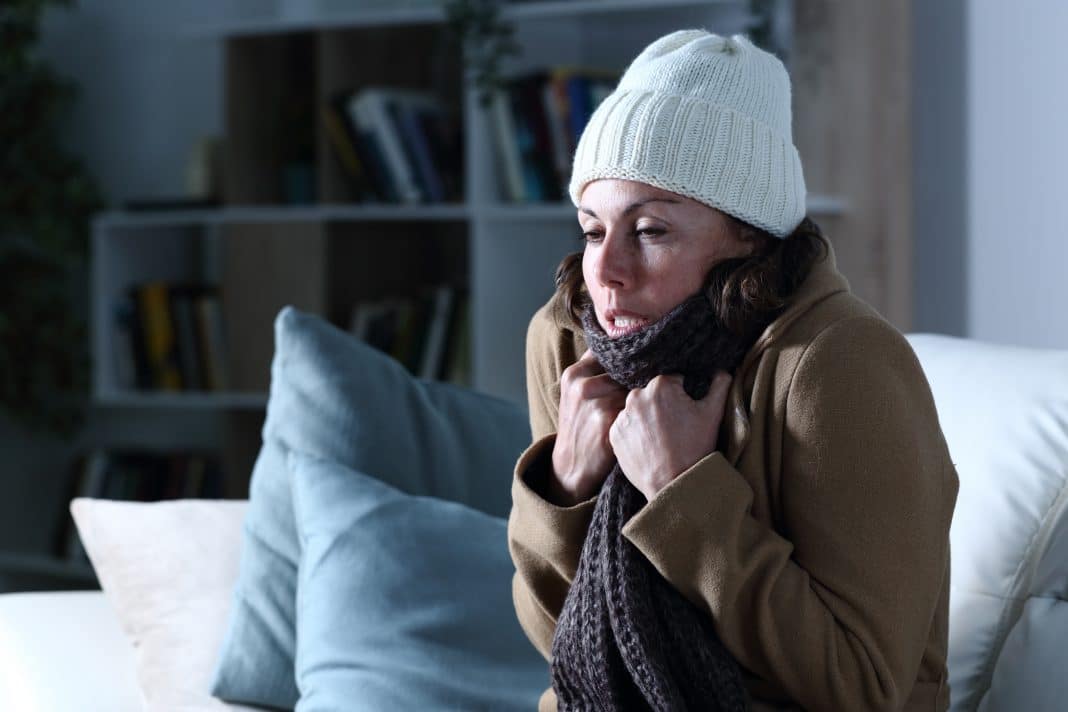Seventy-five organisations across Australia have written an open letter to state and territory Cabinet Ministers calling for minimum standards for rental properties to better protect the health of renters and protect them from the impacts of climate change.
The letter is spearheaded by Healthy Homes for Renters in Canberra, which is campaigning for every tenant to be able to live in a healthy home and to seek a firm commitment from the government to implement the recommended minimum standards.
The Better Renting Impact Report looked into cold-housing deaths in the ACT and estimate 40 people die due to cold housing annually. Meanwhile a study published in The Lancet reports that 6.5 per cent of deaths in Australia are attributed to the cold, more than the rate found in a cold-climate country like Sweden.
Leo Patterson Ross from the National Association of Tenancy Organisations (NATO) said renters in healthy homes are not hospitalised at the same rate as renters living in unhealthy, cold or extremely hot homes, and don’t miss as many days of work.
“I’ve spoken to older people who go to bed at three or four in the afternoon because the rest of their home is freezing cold and the heating can’t warm it up,” Mr Ross said.
“That’s the real experience and consequences of our failure to ensure all homes meet a minimum standard, and this open letter points to an increasing body of evidence showing that Australian rental and building laws are not keeping people renting in Australia safe.”
The Intergovernmental Panel on Climate Change (IPCC) released a dire warning on the impact of climate change on public health, which has prompted housing, environment, community, industry and social sector organisations, including Healthy Futures, United Workers Union, and Choice, to sign the open letter.
A poll conducted by Essential Research revealed two in three renters had trouble keeping their homes at a comfortable temperature, and around one in three Australian households are renting homes that are often less energy efficient than owner-occupied homes.
This means for renters on generally lower incomes than homeowners, it’s more expensive and difficult to keep their home warm in winter and cool in summer.
The ACT has taken some public action after the COAG Energy Council in 2019 agreed to make existing residential building more energy efficient by 2030, but activists believe the target is too far away.
Dr Kim Loo, a GP and member of Doctors for Environment, said she often sees patients who live in “tin shacks” and have little to no choice to move anywhere else due to the current rental crisis.
Dr Loo said these homes offer barely any protection from the elements and she can’t expect to help her patients keep well if they are in insecure or unhealthy housing.
“Any illness they have is going to potentially be made worse if they don’t have somewhere healthy and secure to live,” she said.
“During the 2019/2020 bushfire and the floods, my patients couldn’t keep the smoke out or deal with the cold and damp, and that has long-term impacts on health.”
The open letter is calling for immediate action by the government to commit to a process making it mandatory for all rental properties to meet basic minimum energy efficiency standards by 2025.
The documented benefits of introducing minimum energy efficiency standards include overall better public health, job creation and economic stimulus, and increased climate resilience and reduced emissions.
The Cabinet Ministers have not yet responded to the letter.
Get all the latest Canberra news, sport, entertainment, lifestyle, competitions and more delivered straight to your inbox with the Canberra Daily Daily Newsletter. Sign up here.
For more news:



